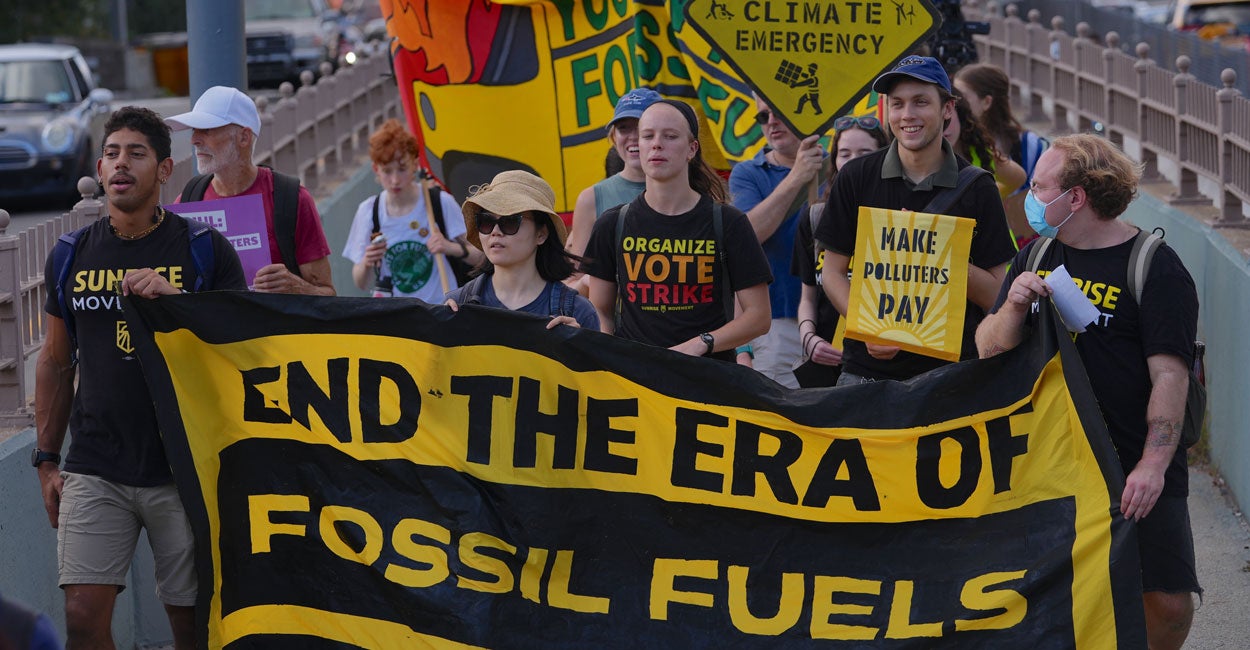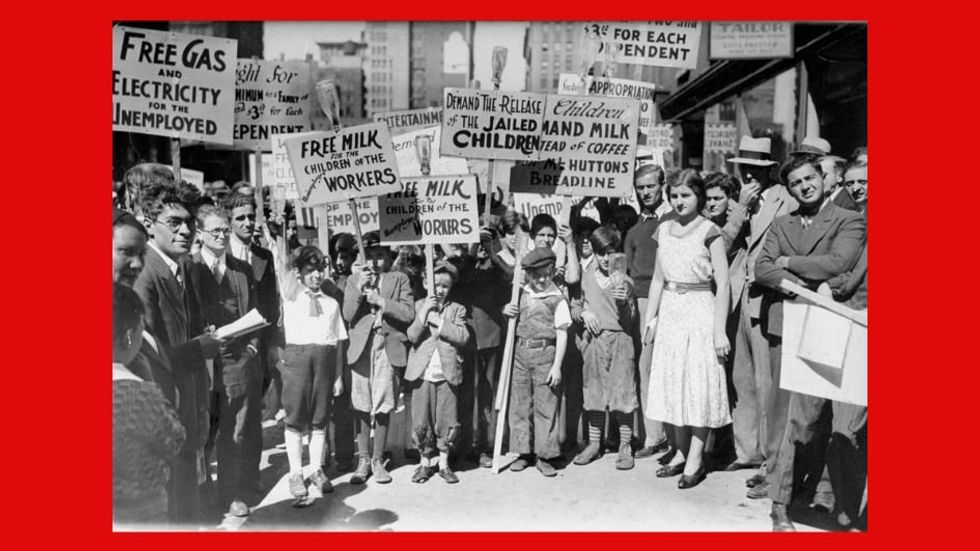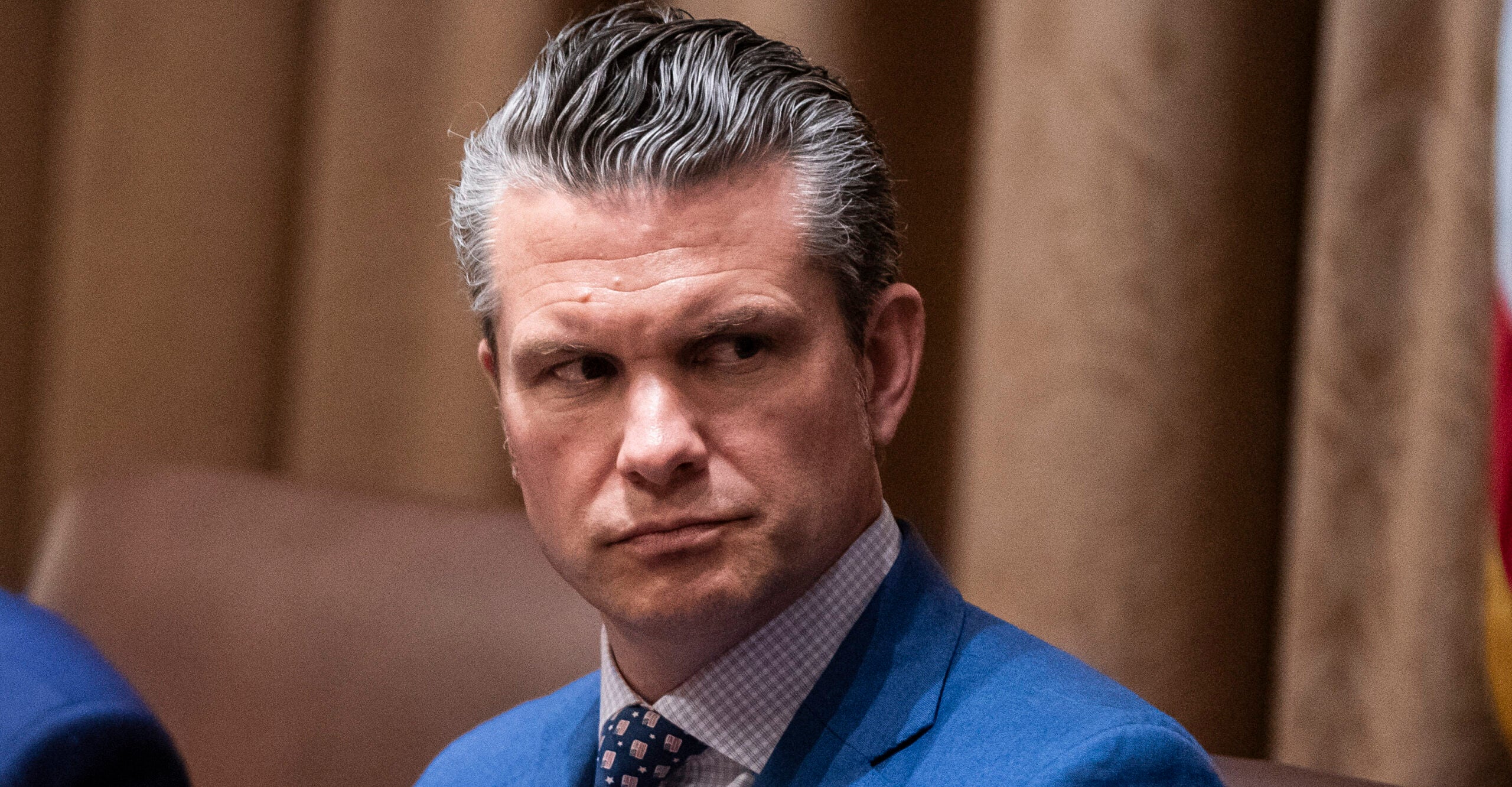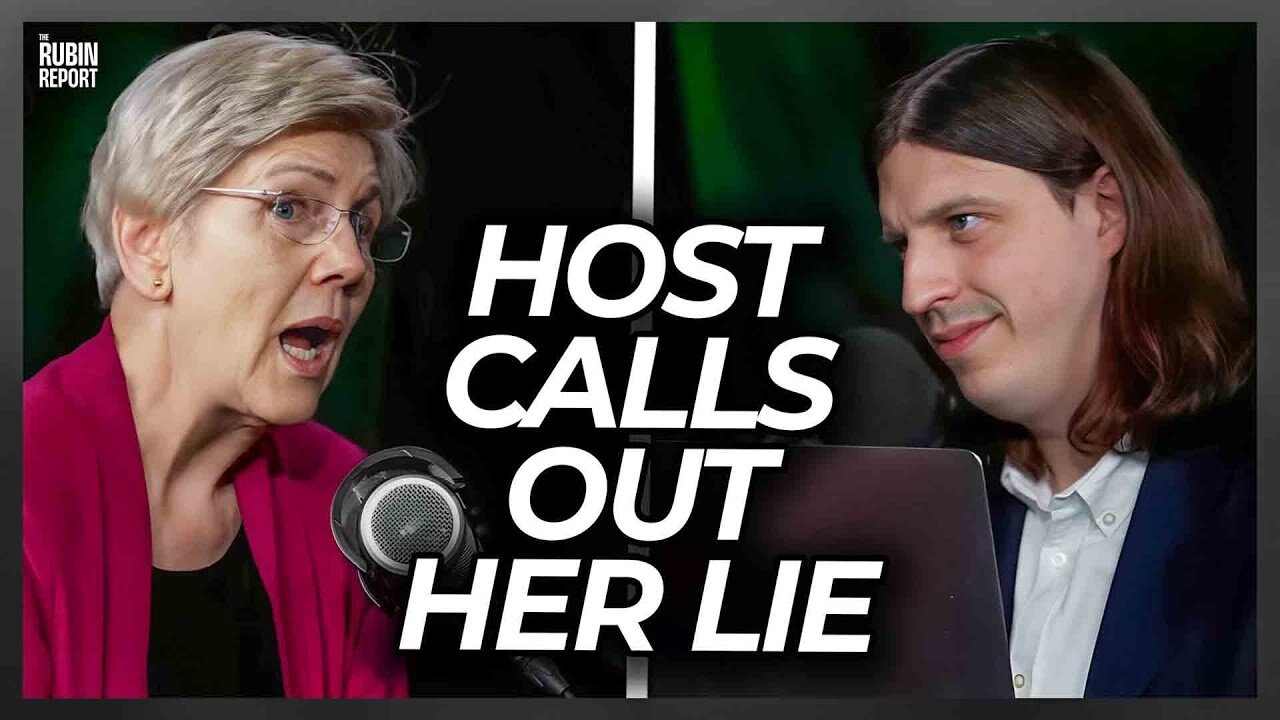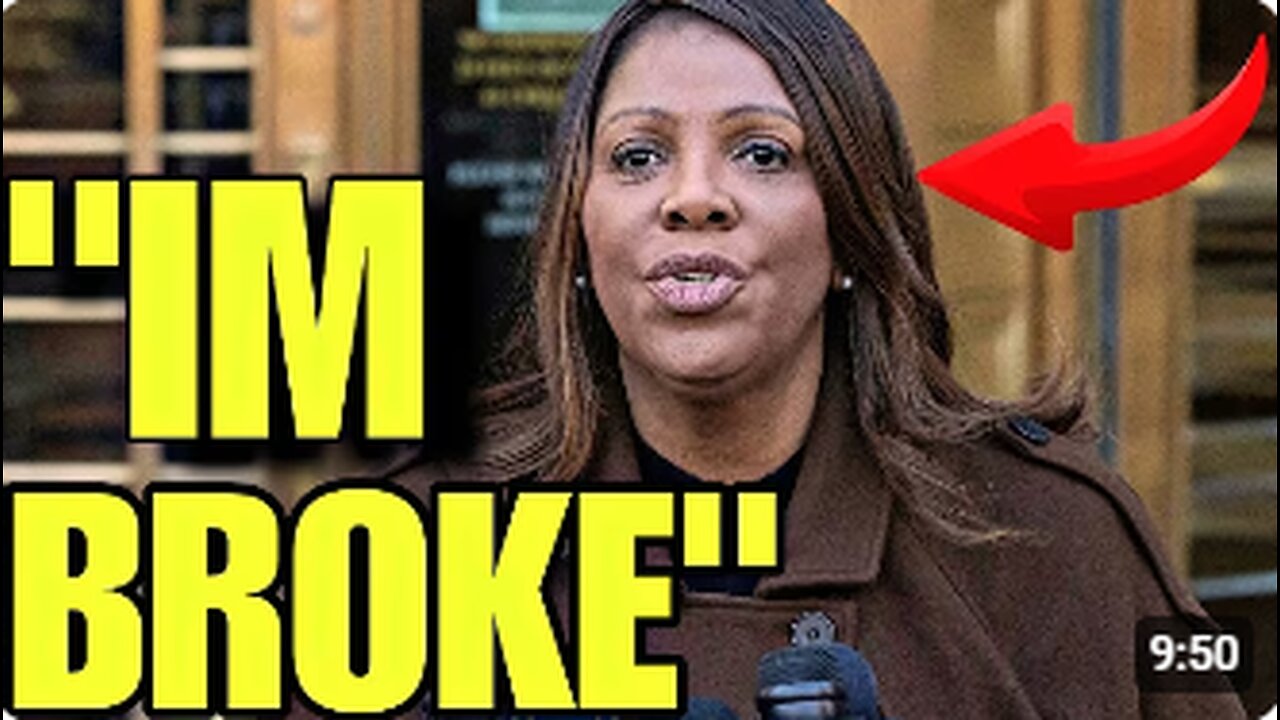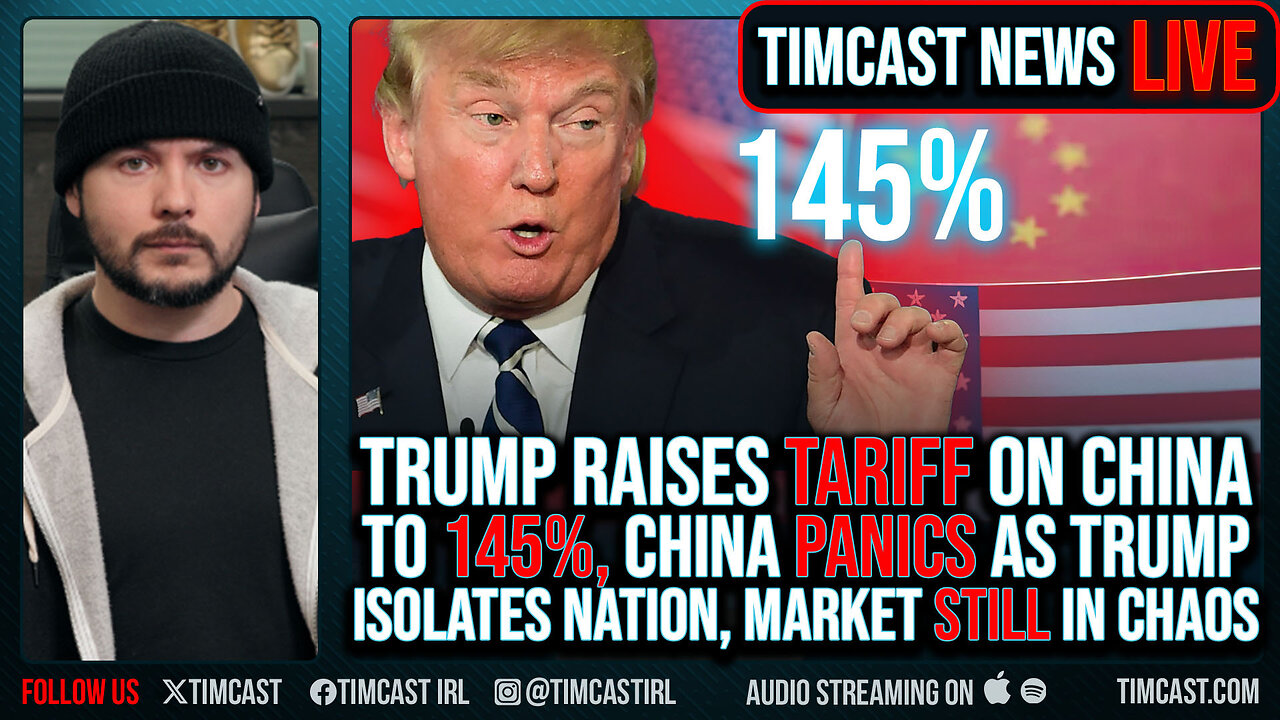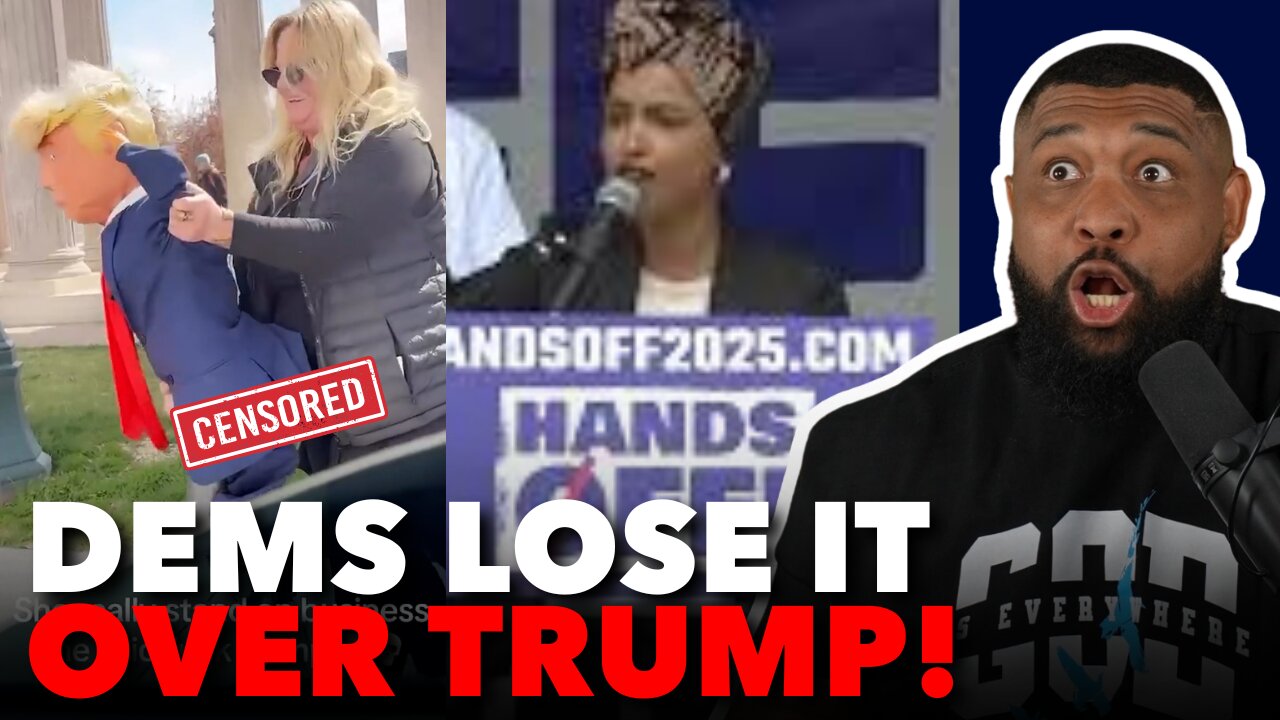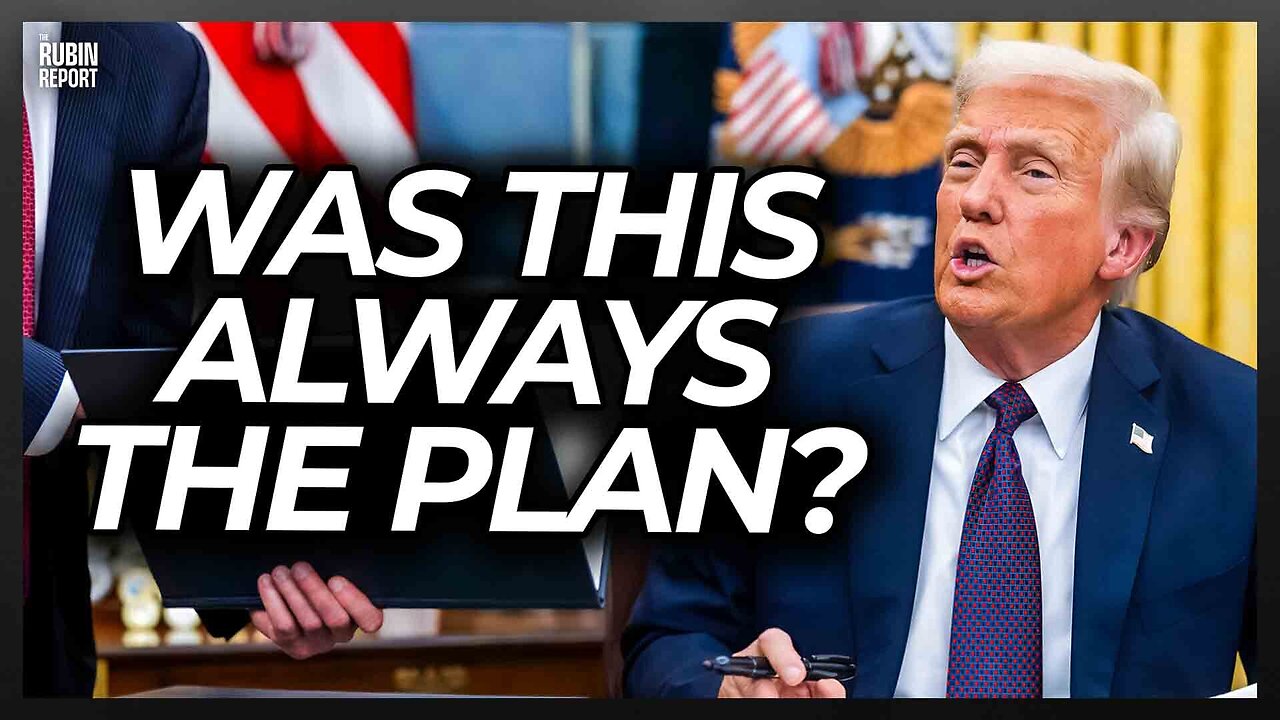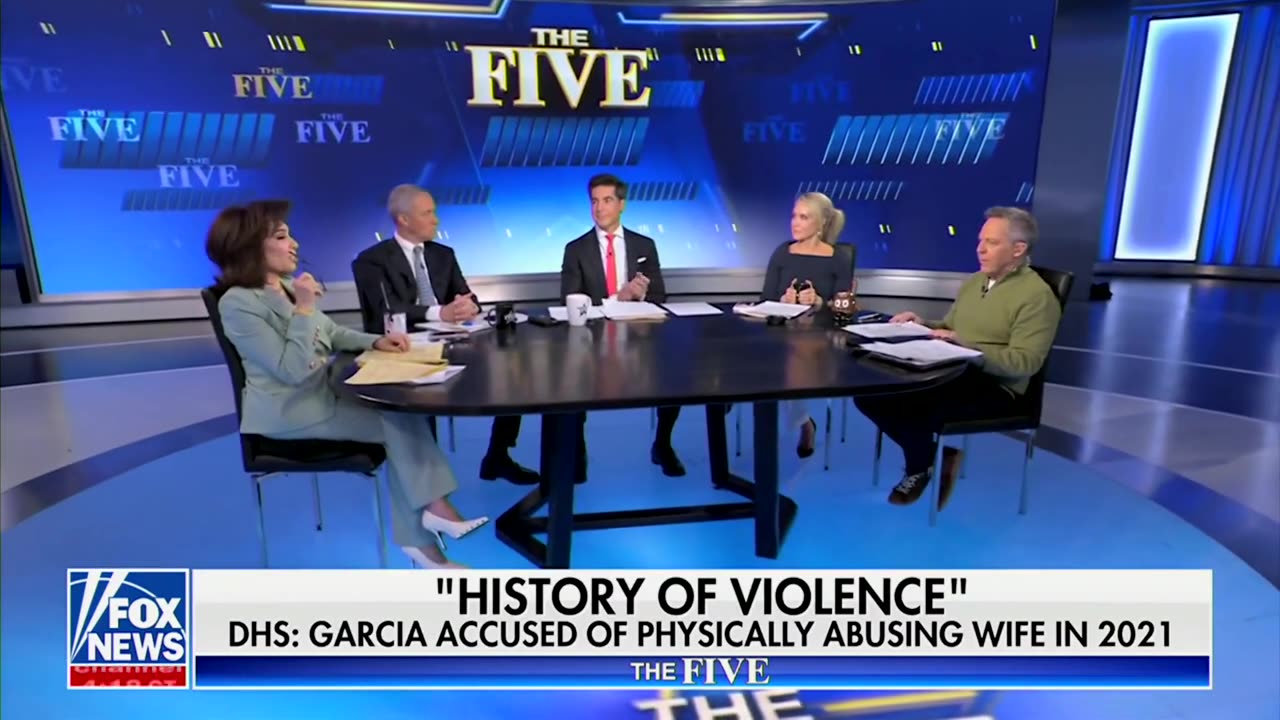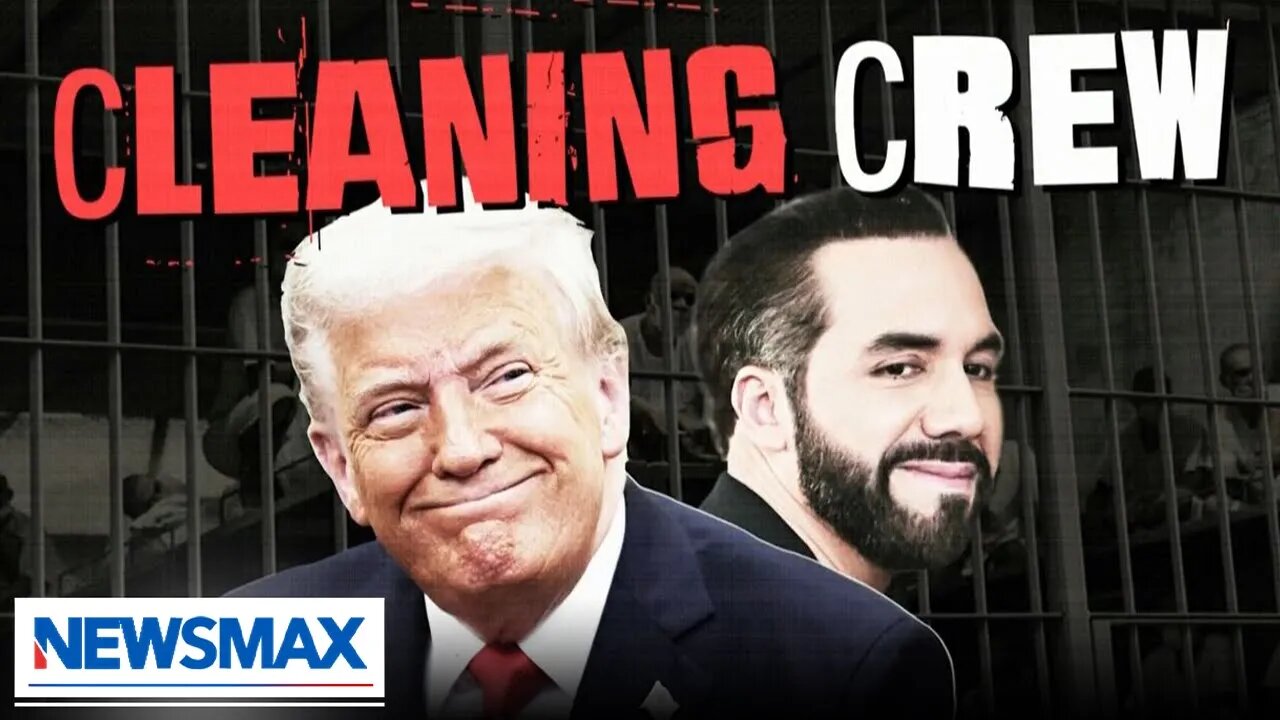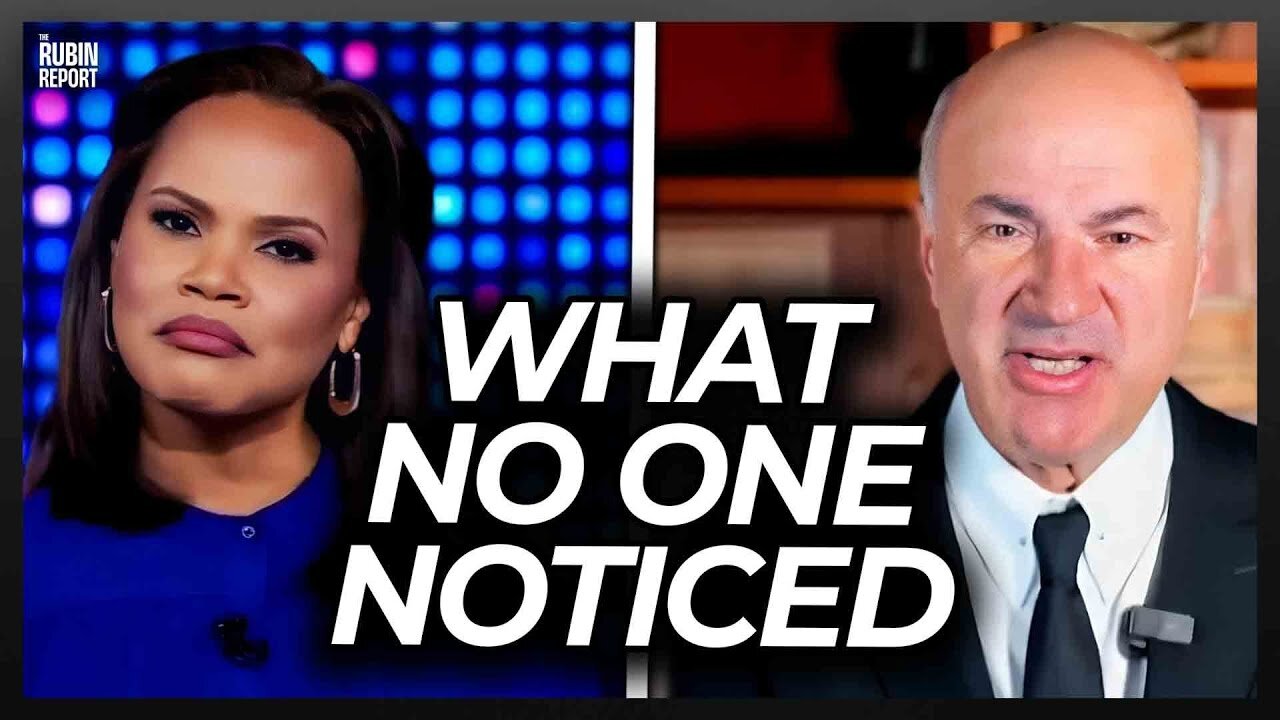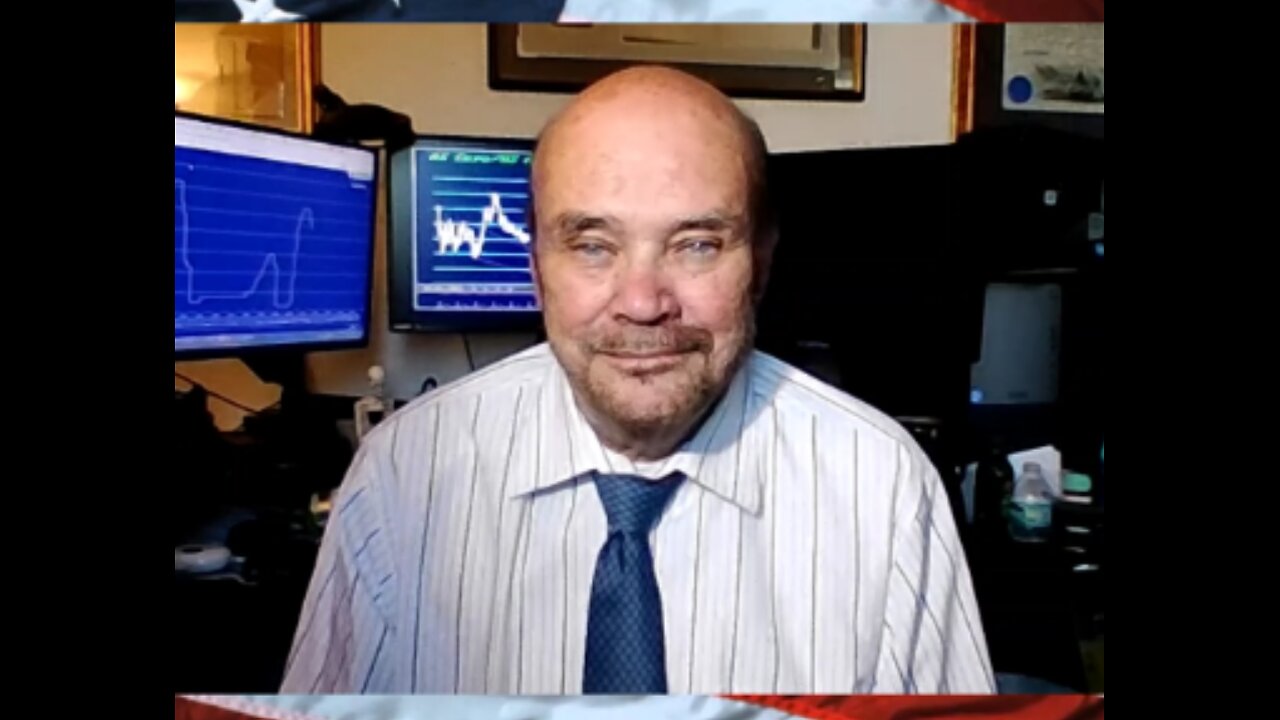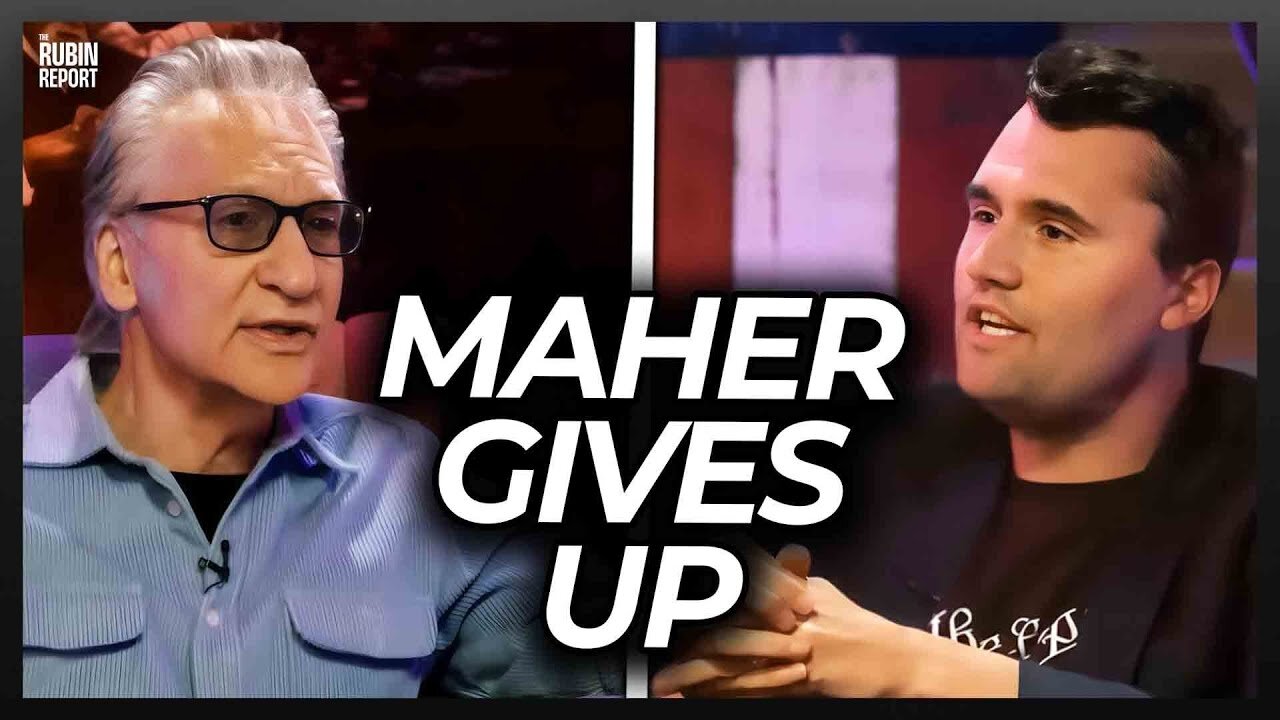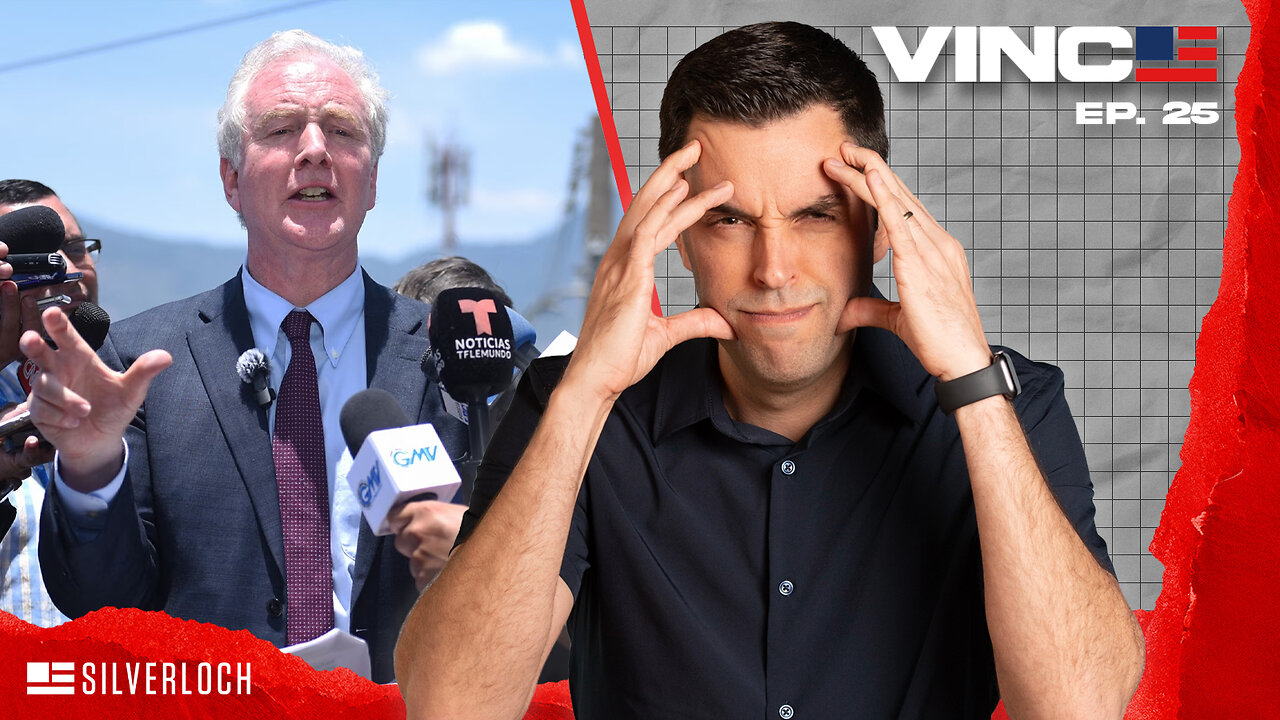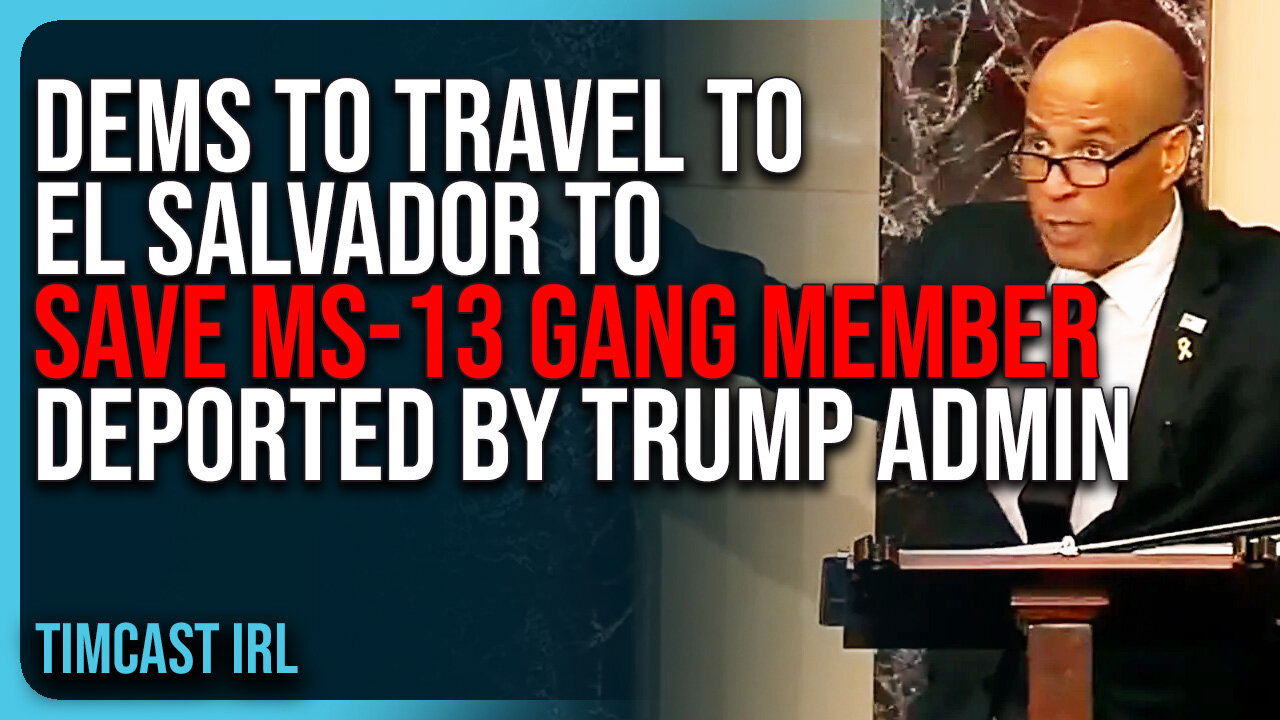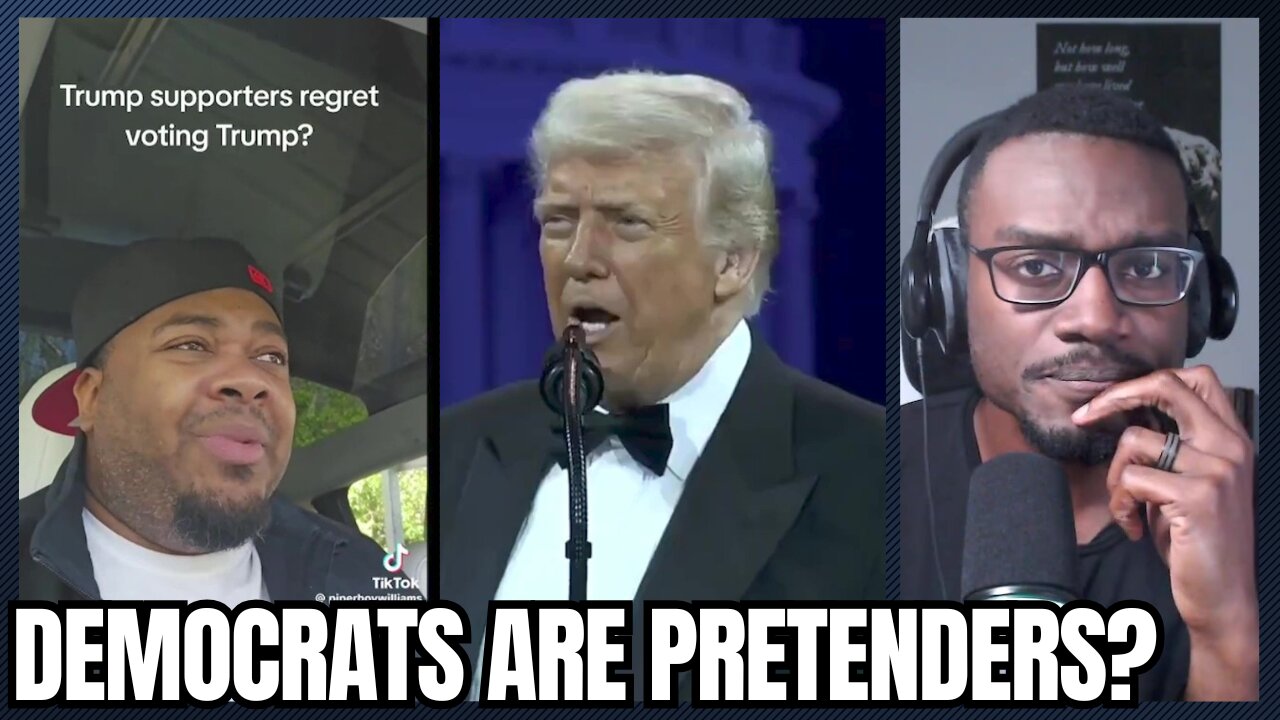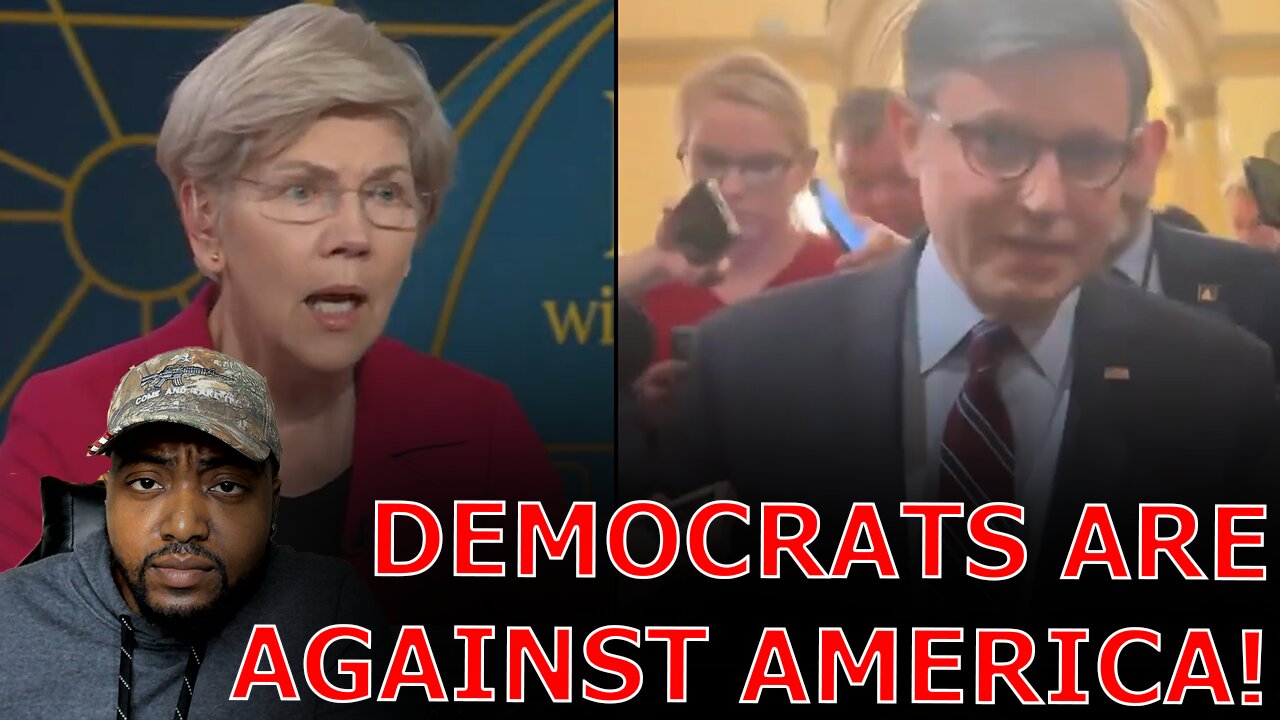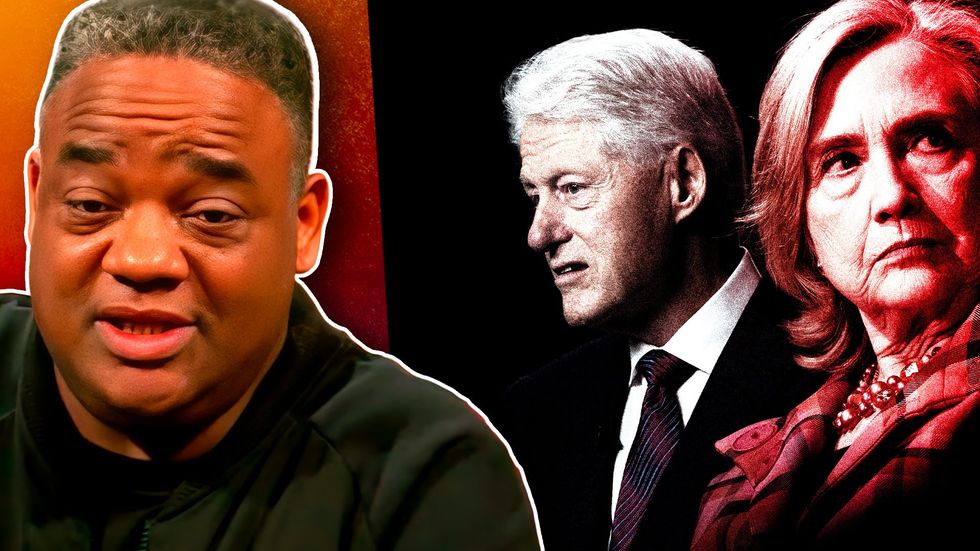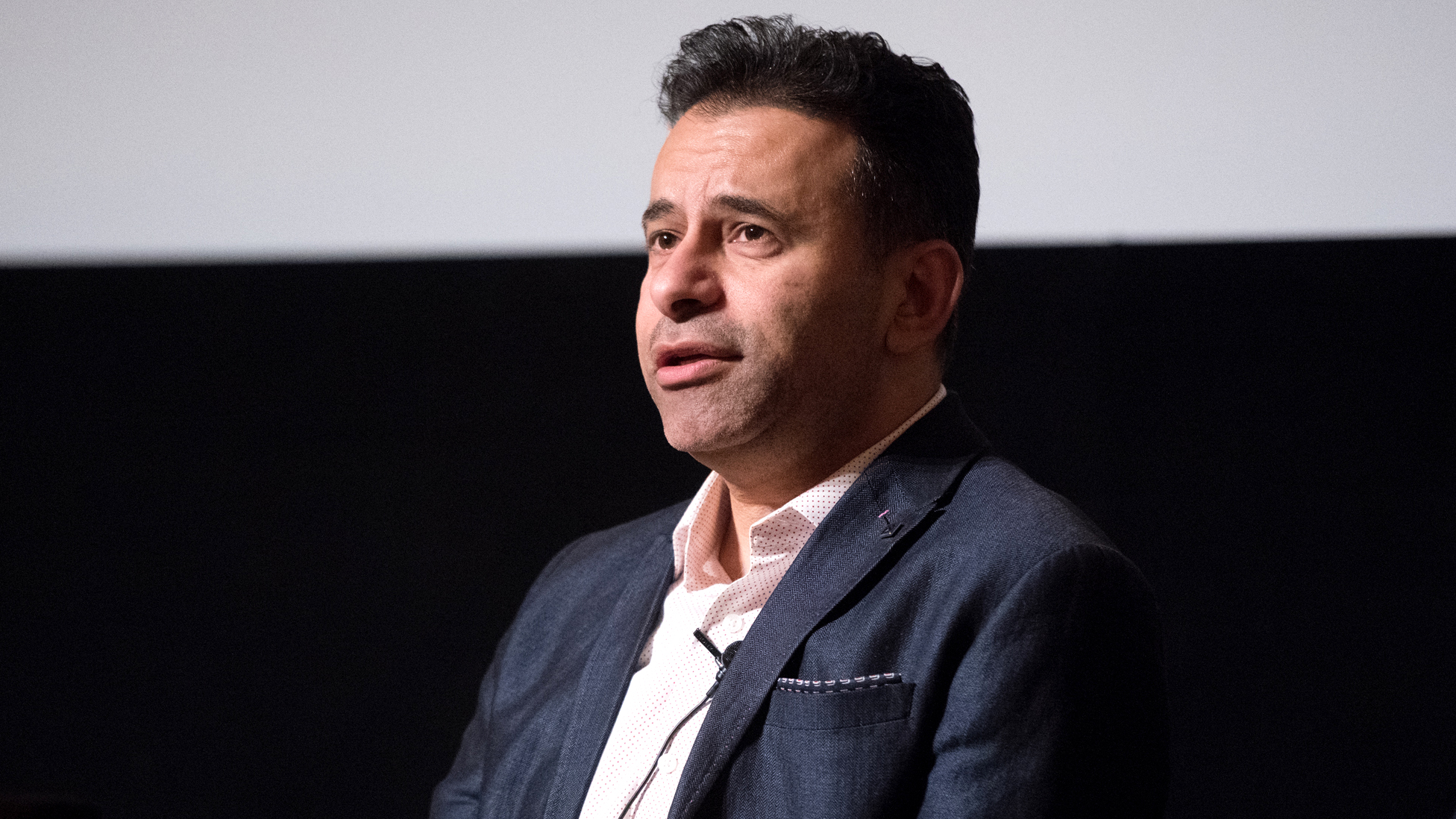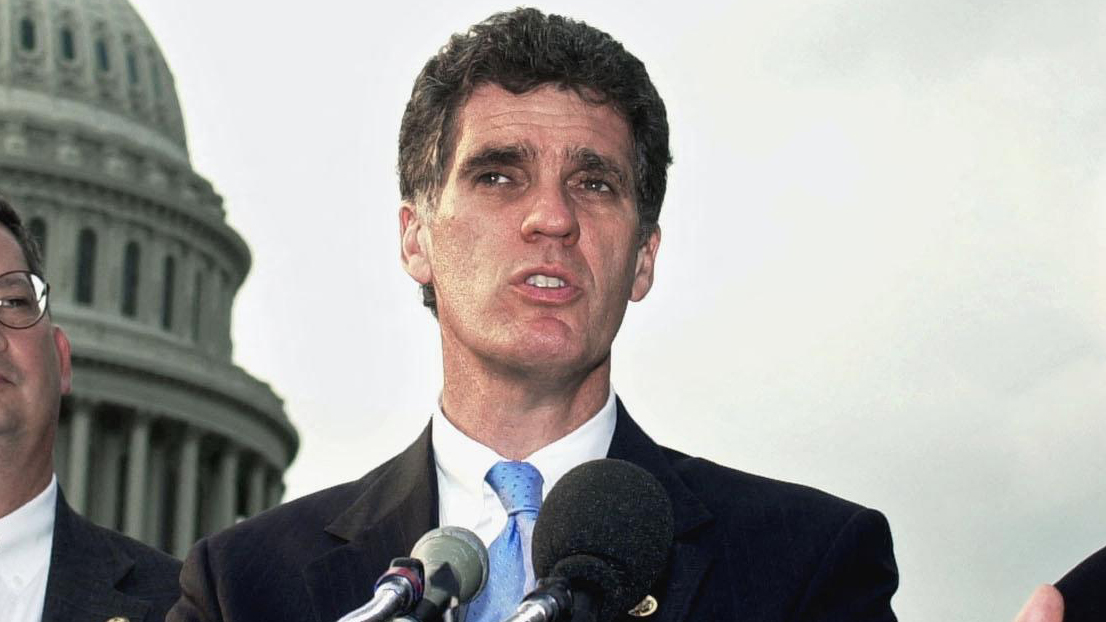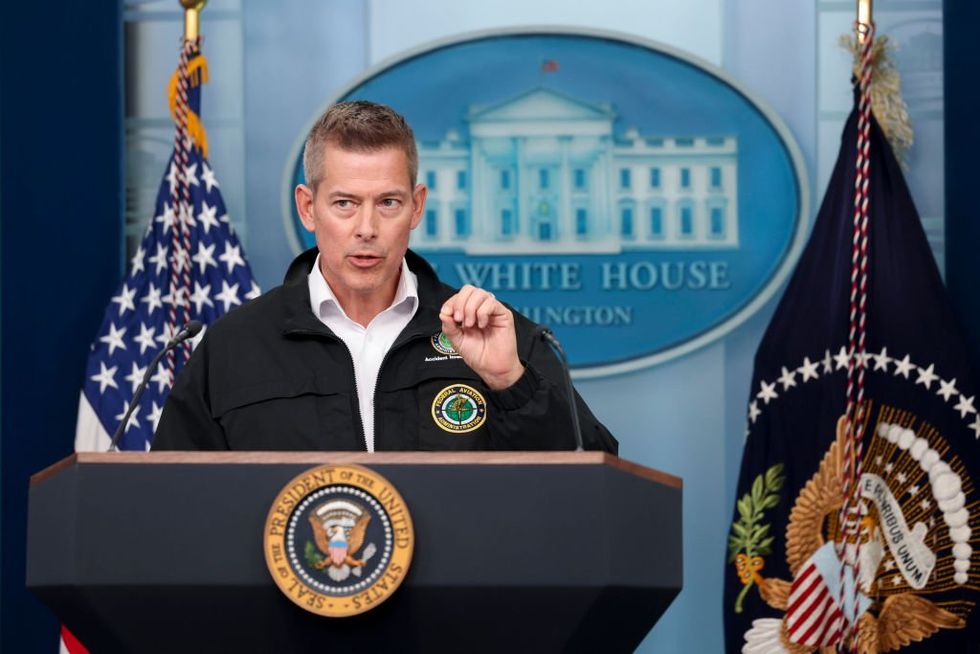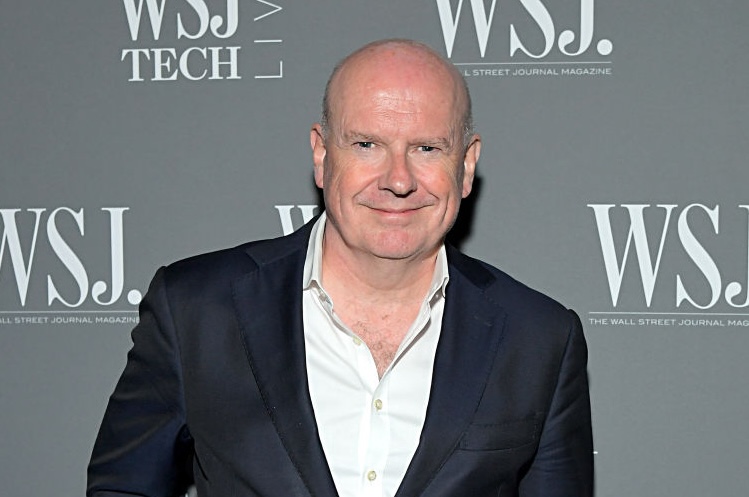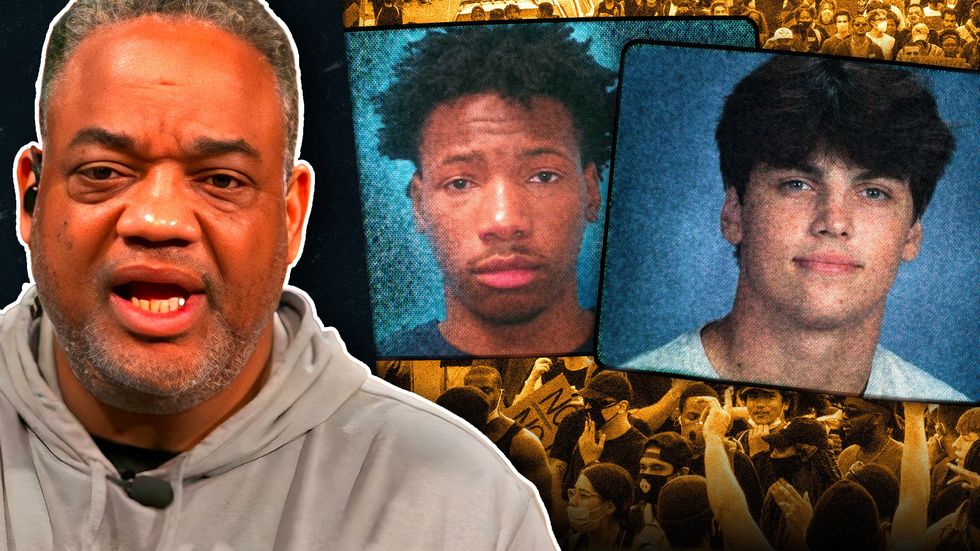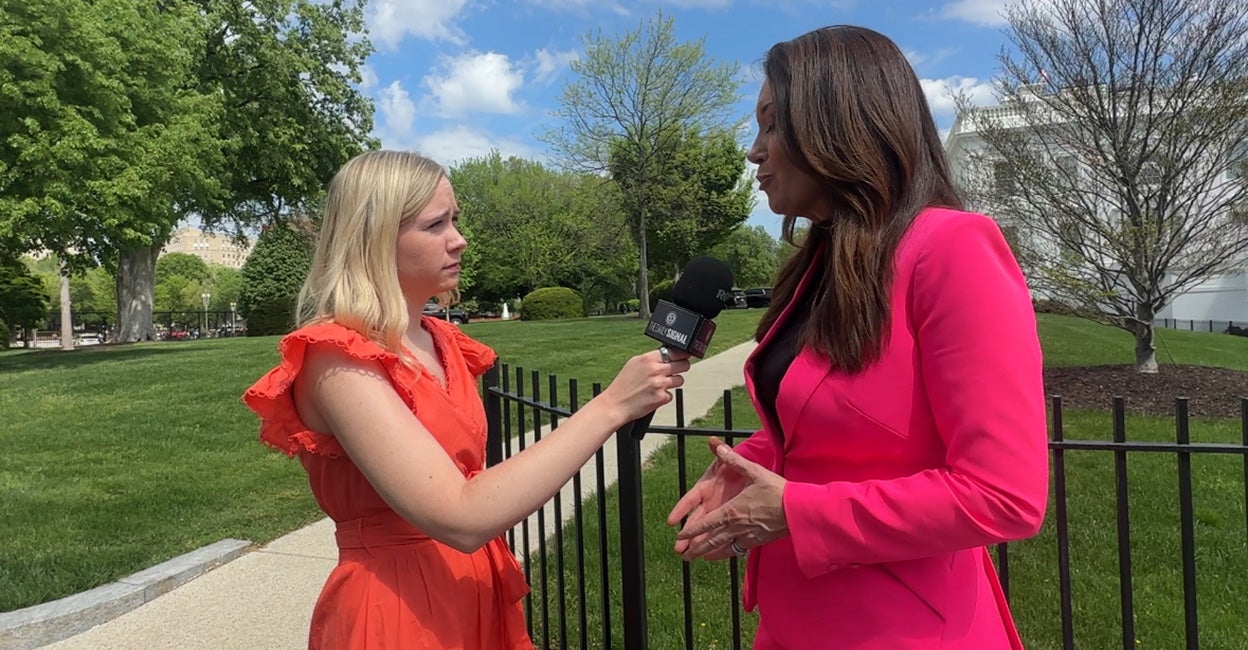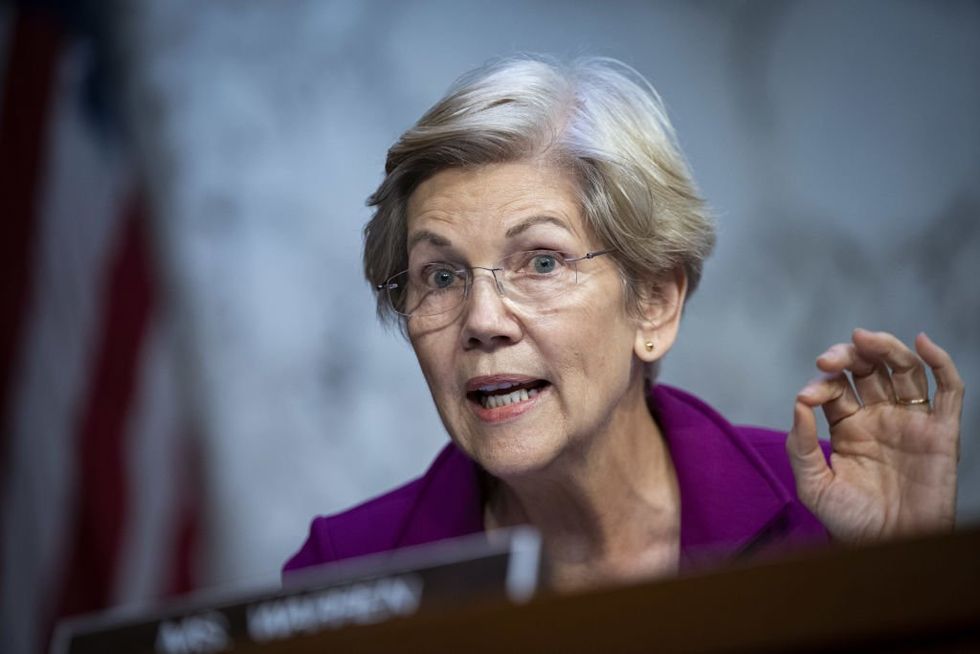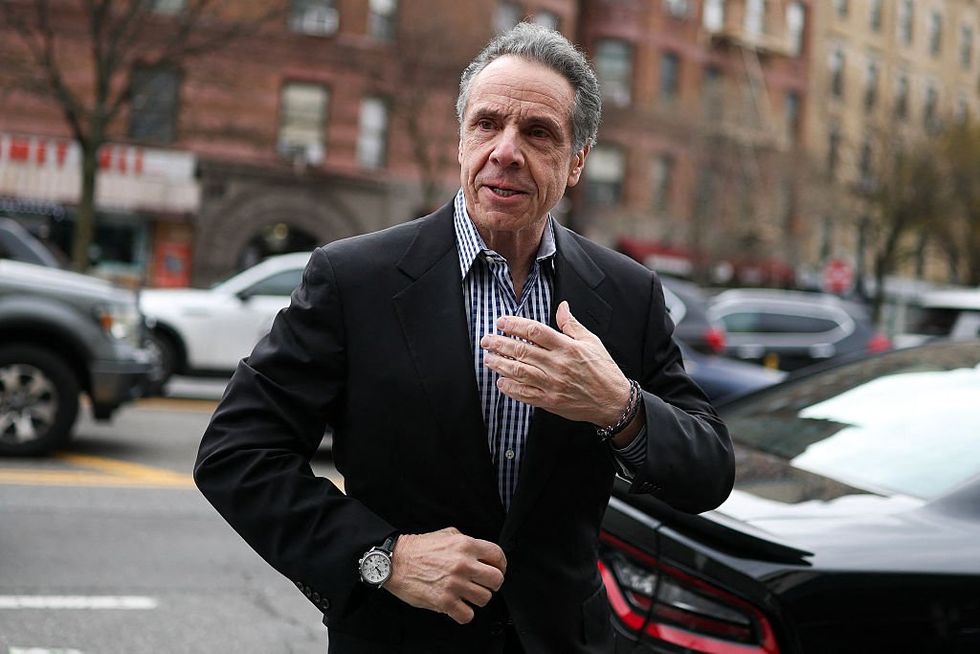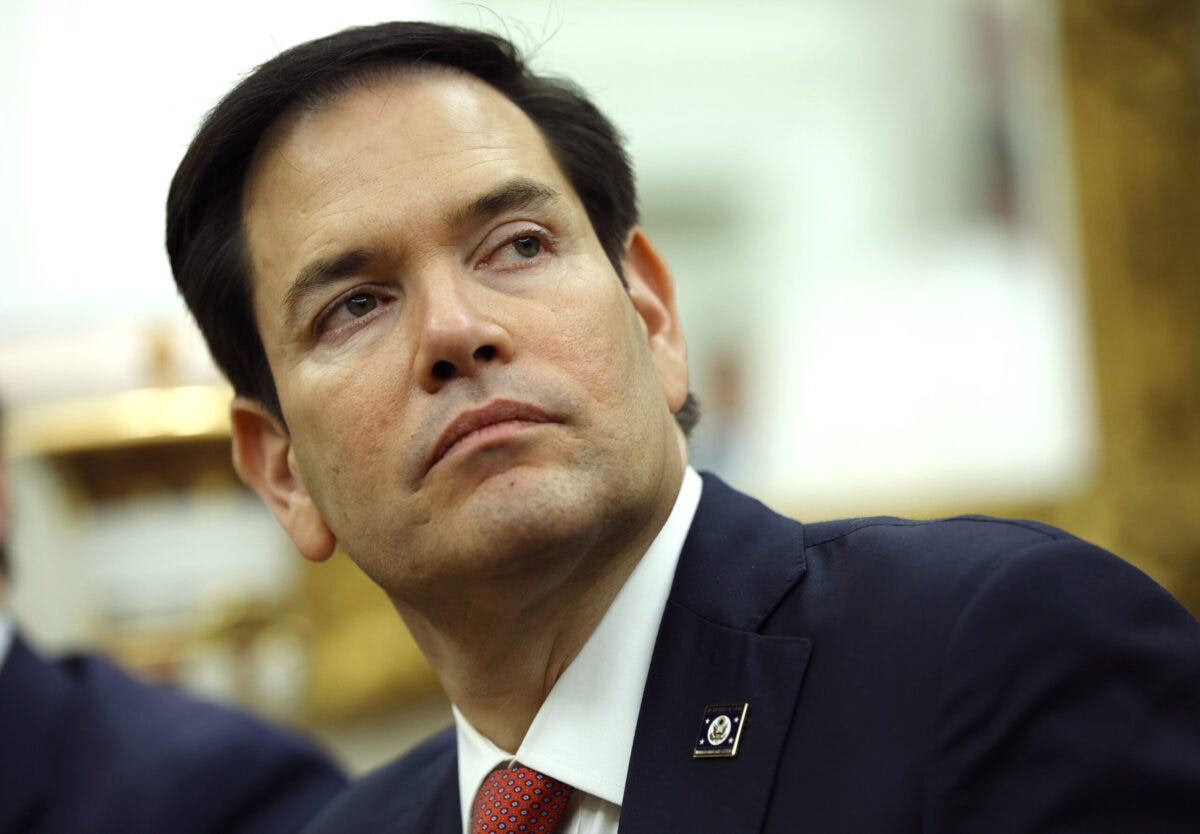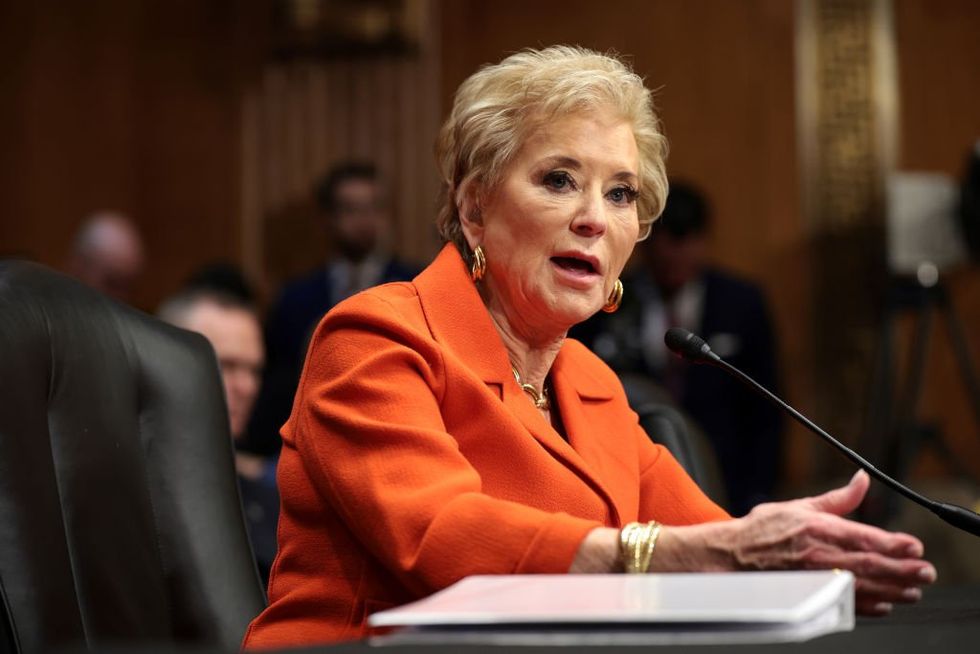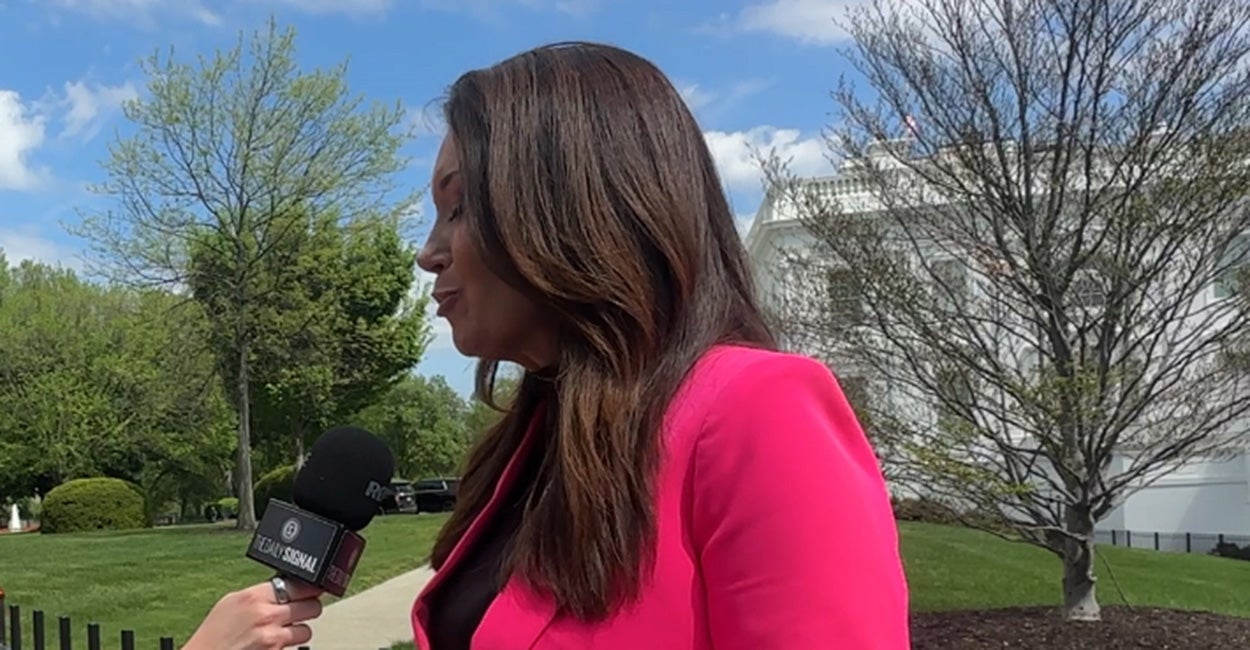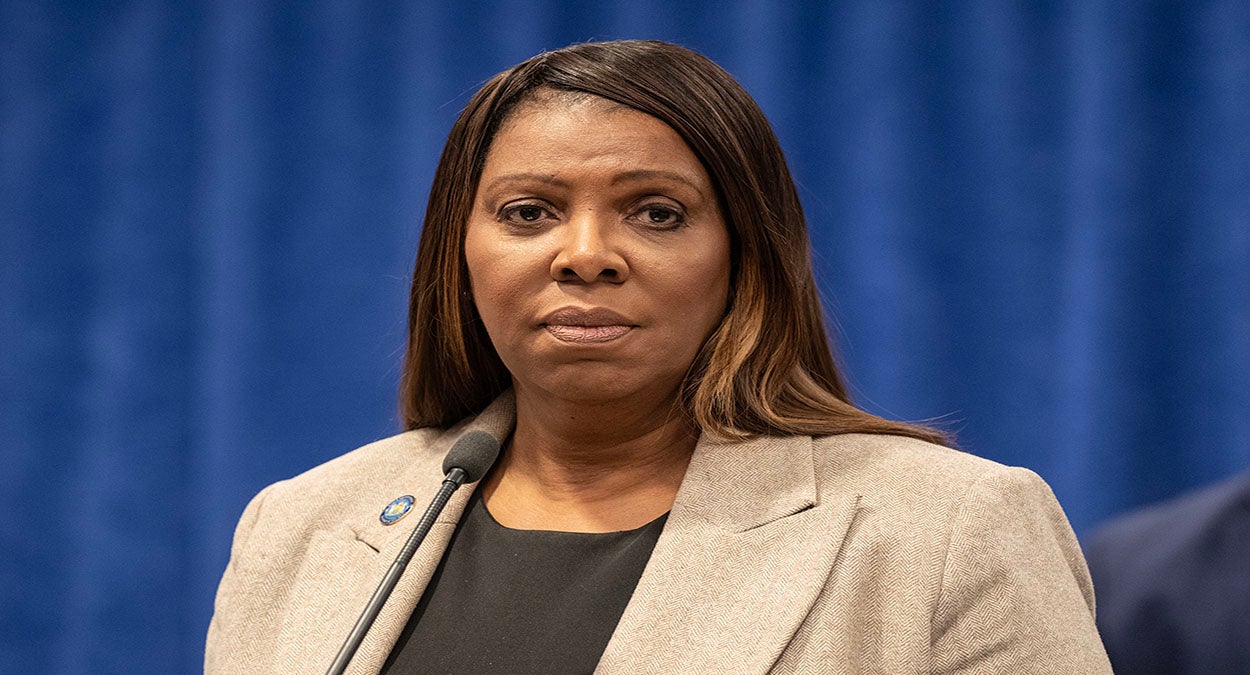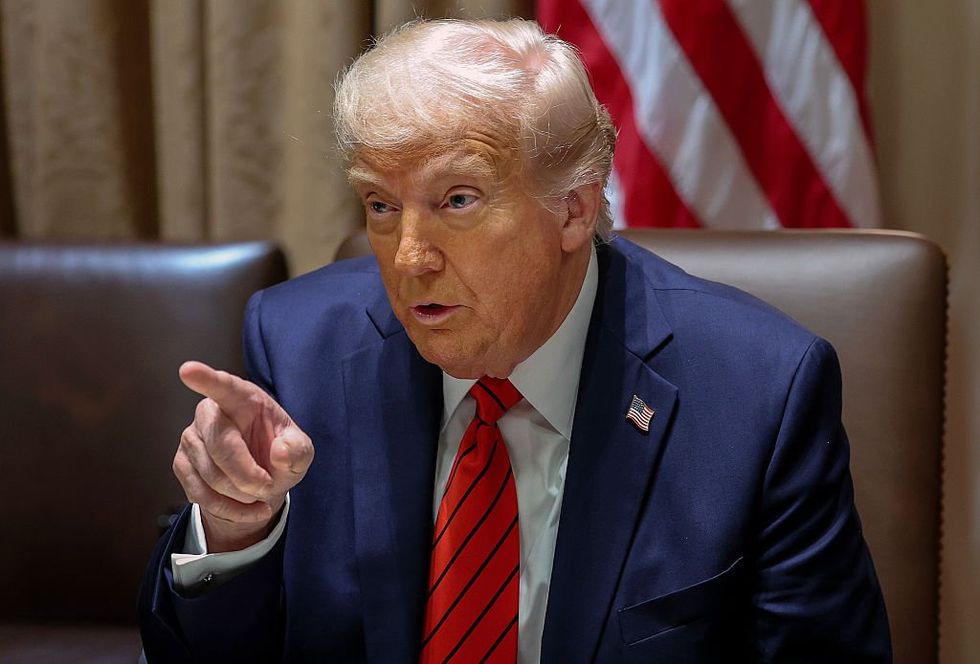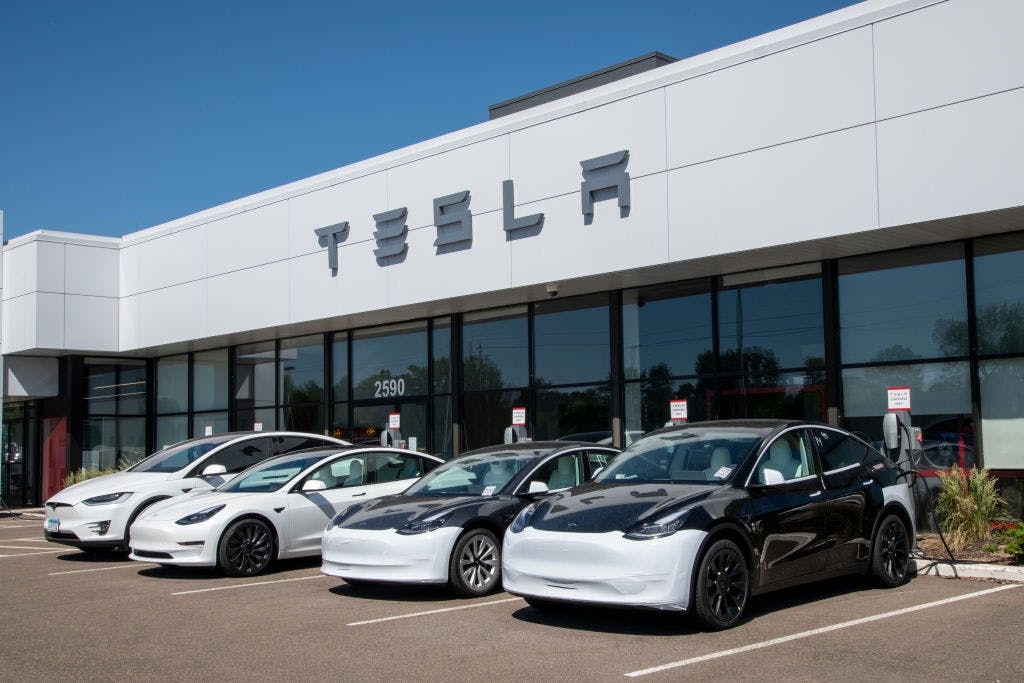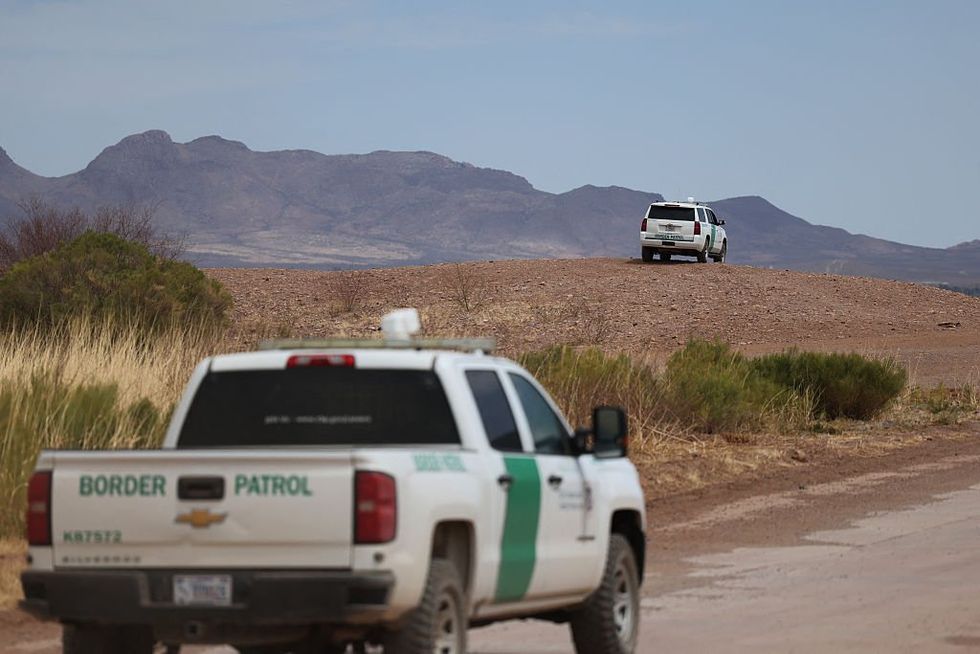What Is Debanking And Why Are People Talking About It?
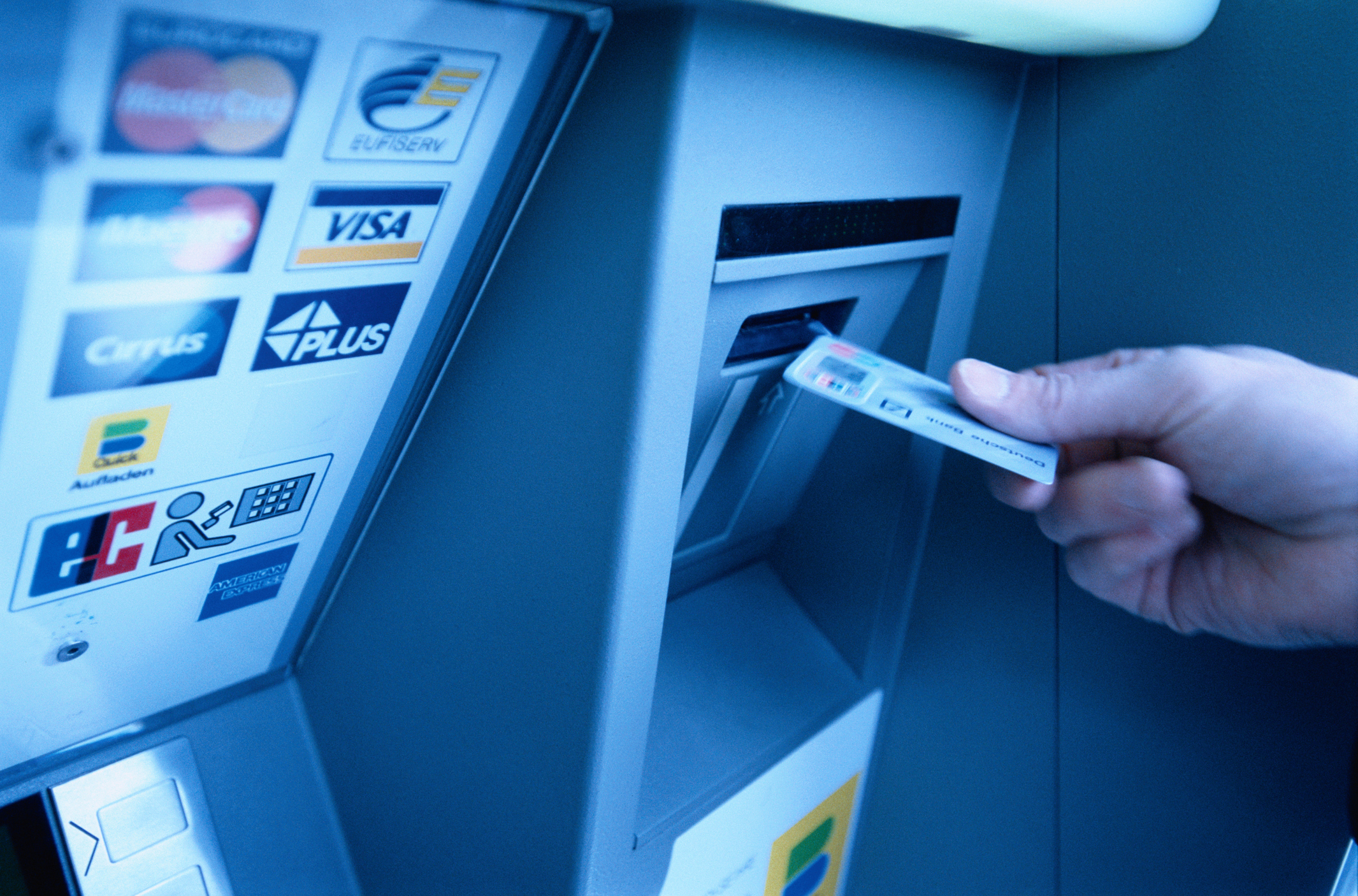
Debanking — when a bank decides they do not want you as a customer — has become a hot topic amid a flurry of accusations from people and companies who say they were kicked out of their banks over their politics.
The apparent targets of debanking tend to be prominent people on the Right and cryptocurrency companies, which tend to lean right and are under scrutiny from regulators. Former First Lady Melania Trump said in her recently published memoir that both she and her son Barron were refused bank accounts after January 6.
“I was shocked and dismayed to learn that my long-time bank decided to terminate my account and deny my son the opportunity to open a new one,” Trump wrote.
She blamed the “venom of cancel culture” and said she had “serious concerns about civil rights violations.”
Your bank account will be closed if you don’t follow orders.
Don’t believe me?
WATCH???? pic.twitter.com/4PB9lhfQuv
— Bitcoin Archive (@BTC_Archive) November 27, 2024
Last month, conservative author Dinesh D’Souza claimed he was kicked out of Chase Bank without explanation.
“Walked in one day to discover they had closed my account,” D’Souza posted on X. “The local branch couldn’t understand it since I was a good and known customer. They said the order came from the top with no explanation given or even available!”
When a person or company is debanked, they are blocked from having a bank account at one or multiple banks, often with little explanation. Sometimes they are blocked from other financial services, such as making credit card transactions or using payroll platforms. If they cannot find another bank, they may be forced to rely on alternatives, like check cashing services with high fees and interest.
50% OFF ALL DAILY WIRE ANNUAL MEMBERSHIPS FOR A LIMITED TIME!
Meanwhile, debanking hurts their reputation.
Critics note that debanking resembles Big Tech’s censorship at the behest of the government during recent presidential elections.
Marc Andreessen, the tech billionaire founder of venture capital firm Andreessen Horowitz, which invests in dozens of crypto companies, spoke in depth about debanking last month on Joe Rogan’s podcast. Andreessen said the Biden administration has used debanking to target its political opponents and crypto company founders.
“We’ve had like 30 founders debanked in the last four years,” he told Rogan. “It’s been a big recurring pattern. This is one of the reasons why we ended up supporting Trump. We just can’t live in this world. We can’t live in a world where somebody starts a company that’s a completely legal thing and then they literally get sanctioned and embargoed by the United States government.”
The Biden administration’s targeting is an expansion of the Obama administration’s debanking of certain legal businesses, including gambling, marijuana, prostitution, and gun shops, under a program called Operation Choke Point, Andreessen said.
“This administration extended that concept to apply it to tech founders, crypto founders, and just generally political opponents. So that’s been super pernicious,” Andreessen said.
Andreessen said that while the First Amendment protects speech, there is no constitutional amendment saying the government cannot debank you, so the government pressures private banks to do so. The banks comply because they rely on the government to exist, he said.
“The government gets to say, ‘we didn’t do it,'” he said, and this system “lets bureaucrats do to American citizens the same thing we do to Iran, just kick you out of the financial system.”
“It’s just raw administrative power,” Andreessen said.
After Andreessen’s interview, a string of crypto founders spoke out about their experiences being debanked.
Elon Musk, who himself recently faced political discrimination against his SpaceX rocket launches by a California regulator, also spoke out and called for it to be a federal crime to debank political enemies. Musk said debanking shows “just how evil the government has been.”
As far as which regulators are involved, critics mainly point the finger at the Federal Deposit Insurance Corporation, but they also take aim at the Department of Justice, the Office of the Comptroller of the Currency, the Federal Reserve Board, and the Consumer Financial Protection Bureau.
Earlier this month, the crypto industry finally uncovered what it says is hard proof that federal regulators have been targeting them.
Documents obtained by the crypto platform Coinbase during a court fight showed that in 2022, crypto companies saw their banking activity blocked at a large number of banks by the Federal Deposit Insurance Corporation.
“We respectfully ask that you pause all crypto asset-related activity,” the banking regulator wrote to banks in one message.
Advocates for cracking down on crypto say they aim to prevent risky businesses from doing business.
Last year, the White House cited crypto as it encouraged banks to separate “risky digital assets from the banking system.” This is also a common cry from Sen. Elizabeth Warren, (D-MA) who received backlash for vowing to mobilize an “anti-crypto army.”
However, the crypto world is optimistic about the next few years.
President-elect Donald Trump has promised to make the United States the “crypto capital of the planet,” and he acknowledged the ire around debanking during his campaign.
“They target your banks. They choke off your financial services,” he told a Bitcoin conference in Nashville in July.
Earlier this month, Trump appointed venture capitalist David Sacks the White House AI and Crypto Czar. Sacks previously criticized PayPal, where he was product manager, for its 2017 ban on what it deemed right-wing extremists.
Conservatives have expressed other concerns about banks allegedly targeting them as well.
Although not debanking exactly, after the January 6 Capitol riot, the Financial Crimes Enforcement Network instructed banks to comb through customer transactions for “suspicious charges,” which included words like “MAGA” and “Trump” as well as guns and religious texts.
Under a new Trump administration, conservatives hope regulators will be more reluctant to target them through the banking system, and they may be in luck.
Trump promised at a rally this year that once elected he will “place strong protections to stop banks and regulators from trying to debank you from your political beliefs.”
Originally Published at Daily Wire, Daily Signal, or The Blaze
What's Your Reaction?
 Like
0
Like
0
 Dislike
0
Dislike
0
 Love
0
Love
0
 Funny
0
Funny
0
 Angry
0
Angry
0
 Sad
0
Sad
0
 Wow
0
Wow
0
